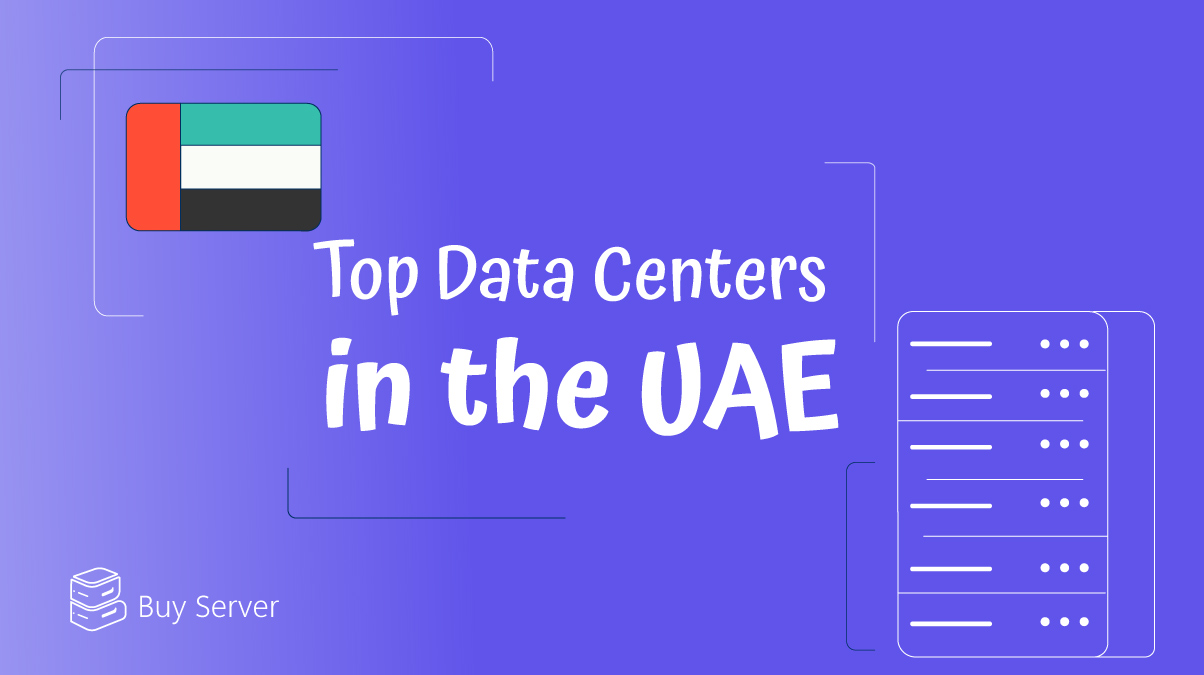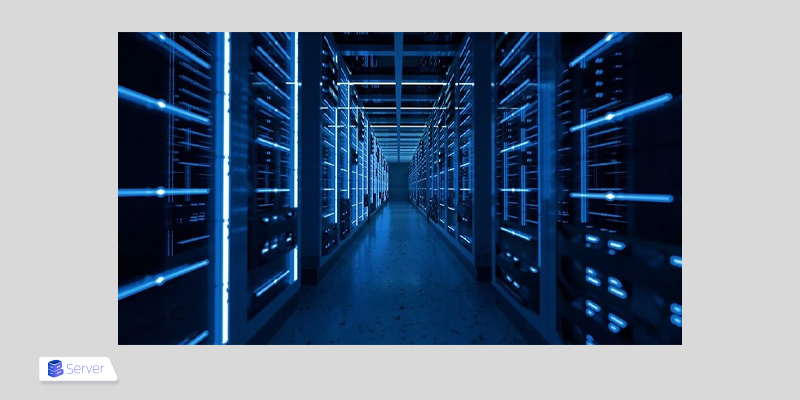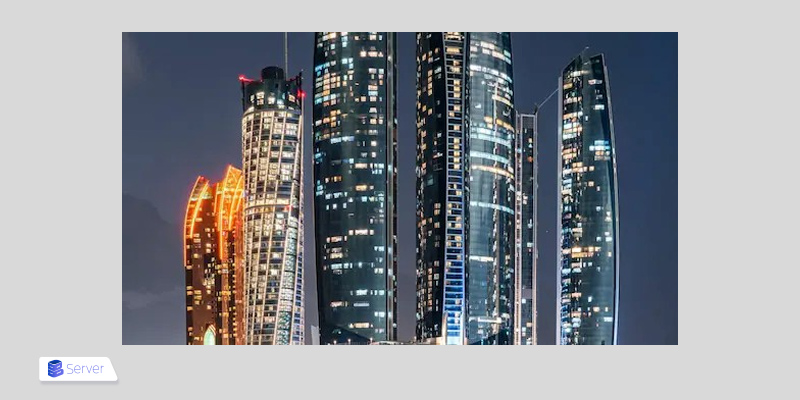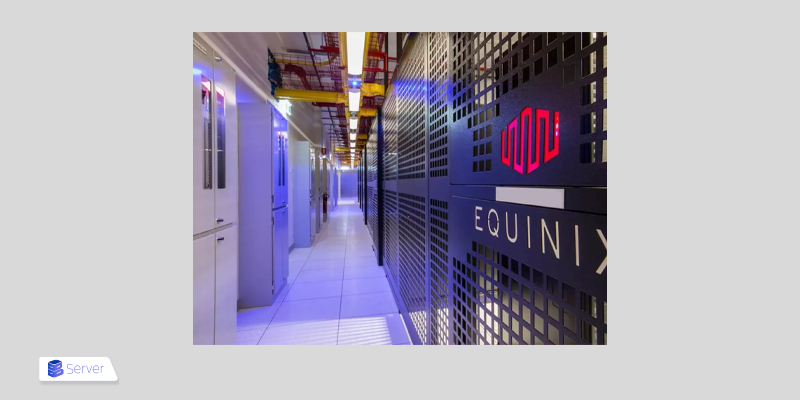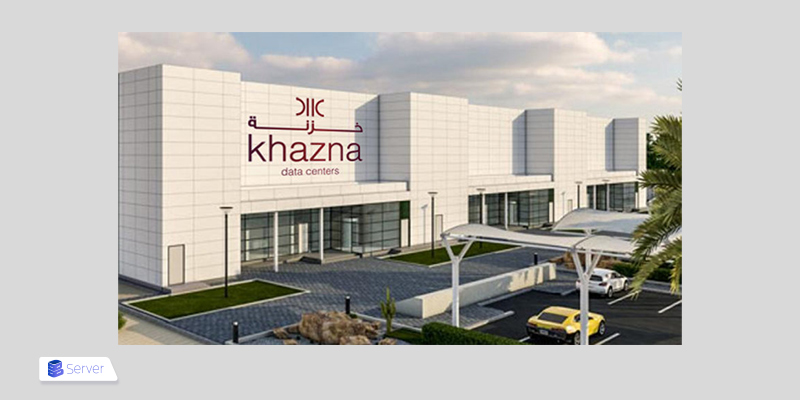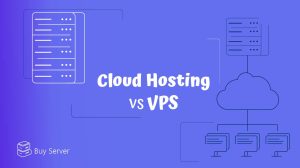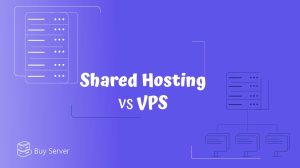In recent years, the Middle East has emerged as a key hub for the data center and cloud technology industries, with the UAE standing out as its crown jewel. It’s no surprise that global tech giants such as Amazon Web Services (AWS), Google, Microsoft, and many other leading companies have turned their attention to this region, planning to establish large-scale international infrastructures here.
In this article, we’ll introduce the best data centers in the UAE and explore their key features and advantages.
What Has Driven the Growth of Data Centers in the UAE?
There are many reasons why data centers in the UAE have become increasingly attractive to both local and international clients. Some of the main factors that have made users eager to choose UAE VPS hosting include the following:
Strategic Location
The United Arab Emirates sits at the heart of the Middle East and enjoys access to multiple undersea cables that connect it to the rest of the world. The UAE’s proximity to large and diverse markets such as India, Africa, and Europe gives it a unique advantage in reaching a wide customer base.
Political Stability
The UAE is one of the safest and most politically stable countries in the region, with minimal risks of natural disasters, internal unrest, or cyberattacks. It also has a robust legal and regulatory framework that protects the rights and interests of data center operators and their clients.
Economic Growth
The UAE boasts a dynamic and diverse economy, with major industries including oil and gas, tourism, trade, and finance. It enjoys a high GDP per capita, low inflation, and a fair tax system. The country’s heavy investment in innovation and digital transformation has significantly increased demand for data center services.
Infrastructure Development
The UAE is home to modern and reliable infrastructure that supports the smooth operation and expansion of data centers. It offers stable power sources, a high-speed and flexible fiber-optic network, and an advanced logistics system. Moreover, the UAE has a strong pool of skilled professionals capable of meeting the technical and operational needs of data center providers and their clients.
The servers hosted in these facilities — such as UAE VPS servers — benefit from cutting-edge infrastructure and top-tier hardware and networking standards. By purchasing a UAE VPS, you can experience some of the fastest and most reliable hosting environments in the region.
Why Has the UAE Become One of the Major Hosts for Data Centers?
Today, the UAE has evolved into a central hub for colocation and data infrastructure services. According to Agility Logistics Parks — the largest private owner and developer of Grade-A warehousing and light industrial parks in the Middle East, Africa, and South Asia — the country’s data center colocation capacity reached 164 MW in 2022–2023.
Major regional players such as Khazna Data Centers, Moro Hub, and Gulf Data Hub, alongside international names like CtrlS and Equinix, all leverage world-class facilities and infrastructure. This combination plays a vital role in driving the rapid expansion of the data center industry across the region.
The UAE has long been a magnet for global investors and business professionals, serving as a major investment hub. Today, the country is rapidly building and enhancing its international infrastructure. There are now over 200 cloud service providers and a significant number of data centers operating across the nation.
According to Arizton Advisory & Intelligence, which analyzes global market data, the UAE data center market was valued at USD 1.25 billion in 2022 and is projected to grow to USD 1.91 billion by 2028.
At the heart of this transformation is Dubai, now widely recognized as one of the world’s most advanced and internationally connected cities.
Beyond Dubai, other cities such as Abu Dhabi and even Al Ain are also emerging as new data center locations. This makes it essential to understand the UAE’s growing data center landscape, its potential, and its increasing capacity.
According to Stephen Beard, Global Head of Data Centers, the rising population and GDP of the UAE mean that “the story of UAE data centers is only just beginning.”
The country’s large population, concentration and accessibility of undersea cables, strong political and economic stability, rapidly increasing internet penetration, and the unprecedented potential for green technology development all make it a prime location for establishing data centers.
The Role of the UAE Government in Developing Data Center Infrastructure
The UAE government has shown a strong and ongoing commitment to turning the country into an attractive destination for international players looking to establish or relocate their facilities. One notable example is the Dubai Electricity and Water Authority (DEWA), which operates one of the largest data centers in the country. This facility runs entirely on solar energy and is located within the Mohammed bin Rashid Al Maktoum Solar Park. Even the UAE Police rely on data centers to better serve the public.
According to Dr. Hamad Khalifa Al Nuaimi, Head of Communications, Infrastructure, and ICT at the Abu Dhabi Police Command Center:
“The new model of police operations has evolved and is moving toward full digitalization. More technologies are now being integrated into these operations, enhancing security and safety for both the nation and its communities. Cloud technology will be one of the key accelerators driving this new generation.”
The future of the data center industry in Dubai and the wider Middle East depends largely on how quickly organizations adopt cloud computing and digital technologies.
Sathya Sivaramakrishnan, Managing Director of Starline Technology Holding in the Middle East and Southwest Asia — one of the region’s largest power distribution providers — notes that the growing wave of digital transformation and the increasing need for data storage will fuel significant demand for data centers across Dubai and the broader region in the coming years.
Power Capacity and Energy Efficiency of UAE Data Centers
Data centers in the UAE are known for their high power consumption — a direct result of their need to operate 24/7 while handling extremely heavy workloads. In 2020, the total power capacity of UAE data centers was estimated at around 170 megawatts, and this figure is expected to rise to 210 megawatts by 2026. On average, the power density of UAE data centers is around 6 kW per rack, although some advanced facilities can support loads of up to 15 kW per rack or higher.
To improve energy efficiency and reduce carbon emissions, UAE data centers have adopted several effective initiatives, including:
- Using renewable energy sources such as solar and wind power
- Implementing free cooling systems like evaporative and adiabatic cooling
- Deploying advanced power management systems such as DCIM (Data Center Infrastructure Management) and BMS (Building Management Systems)
- Optimizing facility design and layout through hot and cold aisle containment systems
These practices not only enhance operational efficiency but also align with the UAE’s broader commitment to sustainability and clean energy innovation.
Top Data Centers in the UAE
In this section, we will introduce the best data centers in the UAE:
Equinix DX1
Equinix DX1 is the first and largest Equinix data center in the UAE, located in Dubai. It offers over 6,000 square meters of colocation space and a 12.5 MW power capacity.
The facility is Tier III certified, providing access to more than 100 network service providers and cloud platforms. Equinix DX1 also complies with multiple international data center standards, including ISO 9001, ISO 14001, ISO 27001, OHSAS 18001, and SOC 1 Type II, ensuring high reliability, security, and operational excellence.
Khazna Masdar
Khazna Masdar is one of two data centers operated by Khazna, the largest data center provider in the UAE. Located in Abu Dhabi, this facility spans 18,000 square meters and offers a 24 MW power capacity, accommodating up to 1,200 racks.
Certified as a Tier III facility, Khazna Masdar ensures high availability, redundancy, and strong security standards. It also holds ISO 27001 certification and embraces green technologies, including solar power and water recycling systems, making it one of the region’s most advanced and sustainable data centers.
Moro Hub
Moro Hub, a subsidiary of the Dubai Electricity and Water Authority (DEWA), operates two major data centers in Dubai.
The first facility is a modular data center located at Dubai International Airport, featuring a 4 MW power capacity and 1,000 square meters of colocation space.
The second facility is a green data center in the Dubai Solar Park, offering 40 MW of power capacity and an impressive 100,000 square meters of colocation space.
Moro Hub is a Tier III–certified facility that delivers advanced cloud solutions, IoT services, and smart city infrastructure. It was also the first data center in the region to join the Climate Neutral Data Centre Pact, a global initiative aimed at reducing environmental impact and achieving carbon neutrality.
Certifications and Awards
The top data centers in the UAE have earned multiple certifications and awards, highlighting their excellence, reliability, and innovation in the global data center industry. Notable achievements include:
- Equinix DX1, DX2, and DX3: ISO 27001, ISO 9001, ISO 14001, and OHSAS 18001 certifications, plus SOC 1 Type II reports
- AWS Middle East Region: ISO 27001, ISO 9001, ISO 27017, ISO 27018, and PCI DSS certifications, along with SOC 1, SOC 2, and SOC 3 reports
- Khazna Masdar and Khazna Meydan: ISO 27001 certified and Tier III compliant
- Moro Hub: Tier III Design and Constructed Facility Certifications from the Uptime Institute
- Injazat Data Center (Abu Dhabi): Tier IV certification, including both Design and Constructed Facility certifications — the highest level of reliability in the data center world
Conclusion
The United Arab Emirates stands as a leading market in the Middle East, having built a powerful infrastructure that supports the growing demand for colocation, cloud, and digital services.
As we’ve seen, the UAE is home to several world-class data centers renowned for their performance, reliability, and security.
Among the top examples are Equinix DX1, Khazna Masdar, and Moro Hub — all demonstrating the UAE’s commitment to innovation and excellence in technology infrastructure. These facilities are well-equipped to meet the diverse needs of businesses and industries across the global market.
FAQ
Why has the UAE become such an attractive location for data centers?
The UAE offers everything a modern data center needs — strong infrastructure, political stability, and access to major international markets. Its central location, advanced technology policies, and reliable connectivity make it a natural choice for global data center expansion.
Which are the top data centers in the UAE?
Some of the most well-known facilities include Equinix DX1, Khazna Masdar, and Moro Hub. Each of them meets international standards, delivers excellent uptime, and offers advanced cloud and colocation services.
Are UAE data centers environmentally friendly?
Yes, many of them are built with sustainability in mind. For example, Moro Hub’s green data center in Dubai runs on solar power, and several others use advanced cooling systems and renewable energy sources to reduce their environmental impact.
What certifications do UAE data centers have?
Most top facilities hold certifications such as ISO 27001, ISO 9001, and Tier III or Tier IV from the Uptime Institute, showing their commitment to security, reliability, and efficiency.
Can international companies host their services in UAE data centers?
Absolutely. The UAE welcomes international businesses with open arms, offering high-speed connectivity, strong data protection laws, and a stable environment for cloud and colocation hosting.
Which industries benefit the most from UAE data centers?
Industries like finance, telecom, cloud services, and e-commerce benefit the most. However, any organization that values speed, security, and reliability can gain from hosting in UAE-based facilities.


